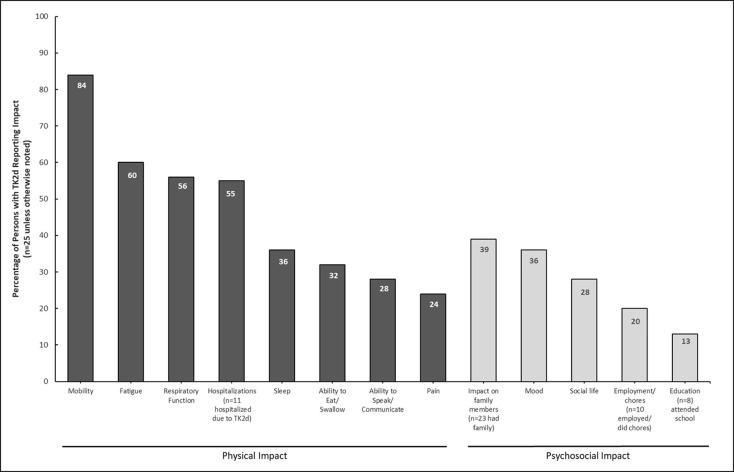Elsevier,
Journal of African Earth Sciences, Volume 197, January 2023
This article supports SDGs 13, 15 and SDG 11 by exploring the utilization of soil microbe based desertification management practices and highlighting emerging technologies in the field. It discusses the policy implications and strategies that can support
Elsevier,
Journal of Nutrition, Volume 153, January 2023
This study aimed to to examine the associations between dietary nutrient density and climate impact and MI and stroke HRs, thereby investigating the co-benefits and trade-offs between nutrition, dietary climate impact, and cardiovascular health, within a population-based prospective cohort in northern Sweden. Importantly, the results indicate an association between lower dietary climate impact and higher MI HRs for men, both when nutrient density was below median values and when nutrient density was not considered. For women, there was no significant association between dietary climate impact and MI HR, although a trend similar to that for men was noted when nutrient density was below median values. Furthermore, no association between nutrient density and MI or stroke HRs was observed, except for a protective effect against stroke among women with higher nutrient density when nutrient density was analyzed without considering climate impact.
Elsevier,
Mitochondrion, Volume 68, January 2023
TK2d is an ultrarare autosomal recessive mitochondrial DNA depletion syndrome. Nucleoside therapy improves or stabilizes disease across key outcomes including survival, ambulation, and requirement for mechanical ventilation. However, little is known about the effects of nucleoside therapy treatment of TK2d from the patient's perspective. This study sought to address this knowledge gap.
Elsevier,
Journal of Climate Change and Health, Volume 9, 1 January 2023
This article advances SDG # 3, 5, 7, 10, 11, and 13 by measuring the strong relationship between air pollution and adverse pregnancy outcomes including low birth weight and preterm birth. It shows that fossil-fuel based pollution has serious health consequences, mitigation of which could have immediate health benefits, particularly in high-pollution environments. T
Elsevier,
The Lancet Public Health, Volume 8, January 2023
This Review supports SDG 3 by examining the effects of parental leave (ie, maternity, paternity, or family leave; protected leave of absence from work following birth of a baby to care for the baby) on postpartum mental health. The study found that parental leave can be protective against poorer mental health - particularly paid leave of at least 2-3 months in mothers. More generous parental leave was associated with better outcomes.
Elsevier,
Clinical Imaging, Volume 95, March 2023, Pages 62-64
This Article supports SDGs 3, 5 and 9 by outlining how, in the current legal landscape, to reduce the collection and documentation of reproductive health information in nuclear medicine in light of the SCOTUS decision on Dobbs v Jackson Women's Health Organization that overturned a 49-year-old federal recognition of abortion rights.

